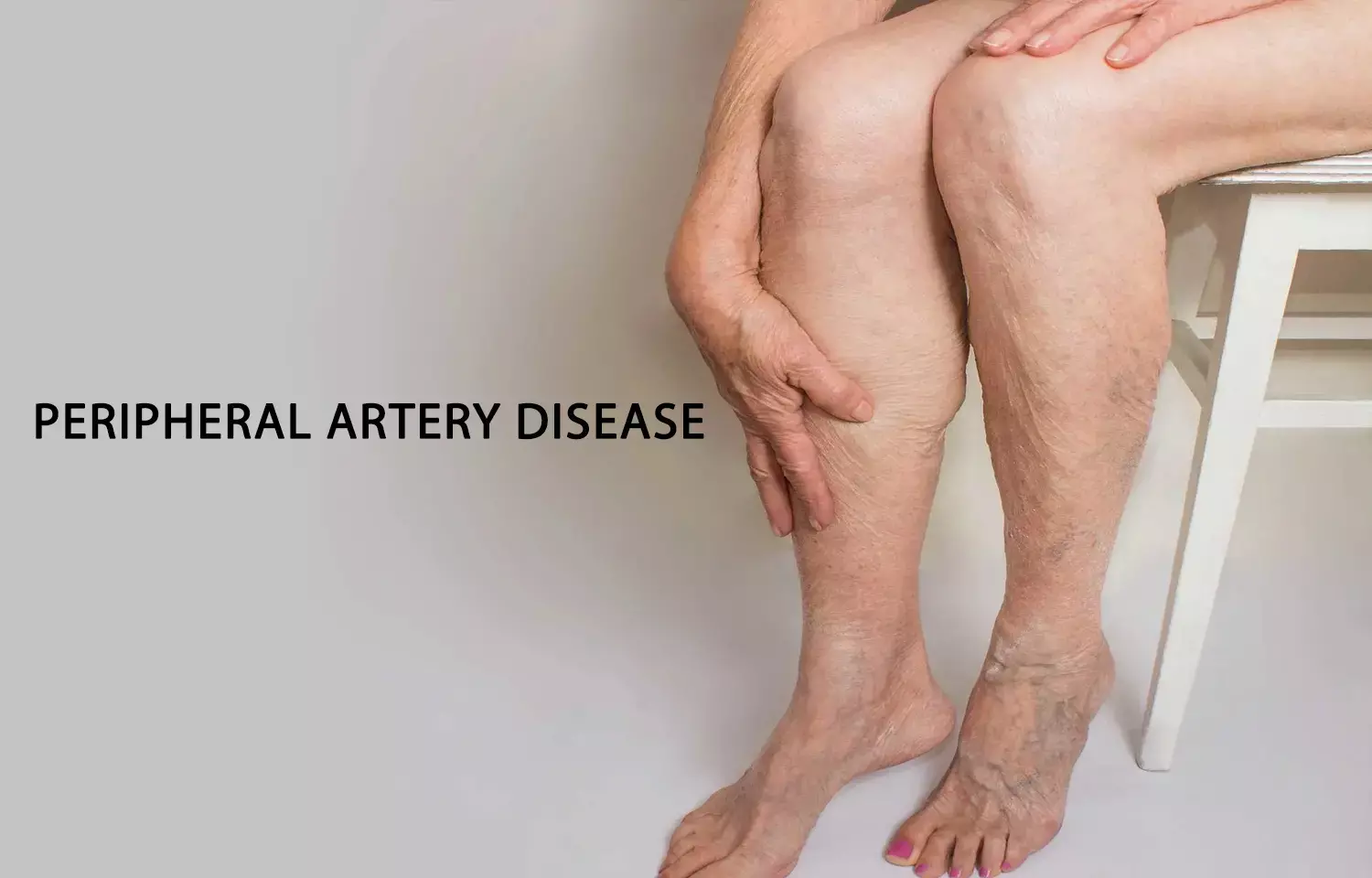- Home
- Medical news & Guidelines
- Anesthesiology
- Cardiology and CTVS
- Critical Care
- Dentistry
- Dermatology
- Diabetes and Endocrinology
- ENT
- Gastroenterology
- Medicine
- Nephrology
- Neurology
- Obstretics-Gynaecology
- Oncology
- Ophthalmology
- Orthopaedics
- Pediatrics-Neonatology
- Psychiatry
- Pulmonology
- Radiology
- Surgery
- Urology
- Laboratory Medicine
- Diet
- Nursing
- Paramedical
- Physiotherapy
- Health news
- Fact Check
- Bone Health Fact Check
- Brain Health Fact Check
- Cancer Related Fact Check
- Child Care Fact Check
- Dental and oral health fact check
- Diabetes and metabolic health fact check
- Diet and Nutrition Fact Check
- Eye and ENT Care Fact Check
- Fitness fact check
- Gut health fact check
- Heart health fact check
- Kidney health fact check
- Medical education fact check
- Men's health fact check
- Respiratory fact check
- Skin and hair care fact check
- Vaccine and Immunization fact check
- Women's health fact check
- AYUSH
- State News
- Andaman and Nicobar Islands
- Andhra Pradesh
- Arunachal Pradesh
- Assam
- Bihar
- Chandigarh
- Chattisgarh
- Dadra and Nagar Haveli
- Daman and Diu
- Delhi
- Goa
- Gujarat
- Haryana
- Himachal Pradesh
- Jammu & Kashmir
- Jharkhand
- Karnataka
- Kerala
- Ladakh
- Lakshadweep
- Madhya Pradesh
- Maharashtra
- Manipur
- Meghalaya
- Mizoram
- Nagaland
- Odisha
- Puducherry
- Punjab
- Rajasthan
- Sikkim
- Tamil Nadu
- Telangana
- Tripura
- Uttar Pradesh
- Uttrakhand
- West Bengal
- Medical Education
- Industry
Elevated lipoprotein(a) levels in PAD predict risk of adverse CV and limb events: JACC

Japan: Elevated lipoprotein(a) levels in patients with peripheral artery disease (PAD) treated with revascularization are associated with an increased risk for adverse CV and limb events, a recent study in JACC: Cardiovascular Interventions has stated. This association was observed irrespective of statin administration and low-density lipoprotein cholesterol level.
Increased Lp(a) levels are shown to be an independent risk factor for the development of atherosclerotic diseases, including PAD. However, there is no information on their prognostic impact in patients with PAD. To fill this knowledge gap, Yusuke Tomoi, Department of Cardiology, Kokura Memorial Hospital, Kitakyushu, Japan, and colleagues aimed to examine the prognostic impact of elevated Lp(a) levels in patients with PAD undergoing endovascular therapy (EVT).
For this purpose, the researchers included a total of 1,169 patients who underwent successful EVT for symptomatic PAD between September 2016 and August 2021. High Lp(a) levels were defined as >30 mg/dL. Analysis was done of the associations of high Lp(a) levels with incident major adverse cardiovascular events (MACE) (all-cause death, myocardial infarction, and stroke) and major adverse limb events (MALE) (repeat revascularization for target limb and major amputation).
The study led to the following findings:
- During a median follow-up period of 1.7 years (IQR: 0.6-3.0 years), 230 MACE (210 deaths, 15 myocardial infarctions, and 22 strokes) and 263 MALE (219 reinterventions and 36 major amputations) were observed.
- The cumulative incidence rate of MACE (48.1% vs 27.3%) and MALE (67.9% vs 27.2%) was significantly higher in patients with high Lp(a) levels.
- The adjusted HR was 1.93 for MACE and 4.15 for MALE. These associations were not influenced by low-density lipoprotein cholesterol levels or statin administration.
The researchers conclude, "the findings suggest that in addition to more-intensive medical therapy, these patients should be considered for emerging Lp(a)-lowering therapies.
"International multicenter RCT is warranted to prove whether Lp(a)-lowering therapy can improve clinical outcomes in patients undergoing peripheral [endovascular procedures]," they wrote.
Reference:
Tomoi Y, Takahara M, Soga Y, et al. Impact of high lipoprotein(a) levels on clinical outcomes following peripheral endovascular therapy. J Am Coll Cardiol Intv. 2022;15:1466-1476.
Dr Kamal Kant Kohli-MBBS, DTCD- a chest specialist with more than 30 years of practice and a flair for writing clinical articles, Dr Kamal Kant Kohli joined Medical Dialogues as a Chief Editor of Medical News. Besides writing articles, as an editor, he proofreads and verifies all the medical content published on Medical Dialogues including those coming from journals, studies,medical conferences,guidelines etc. Email: drkohli@medicaldialogues.in. Contact no. 011-43720751


